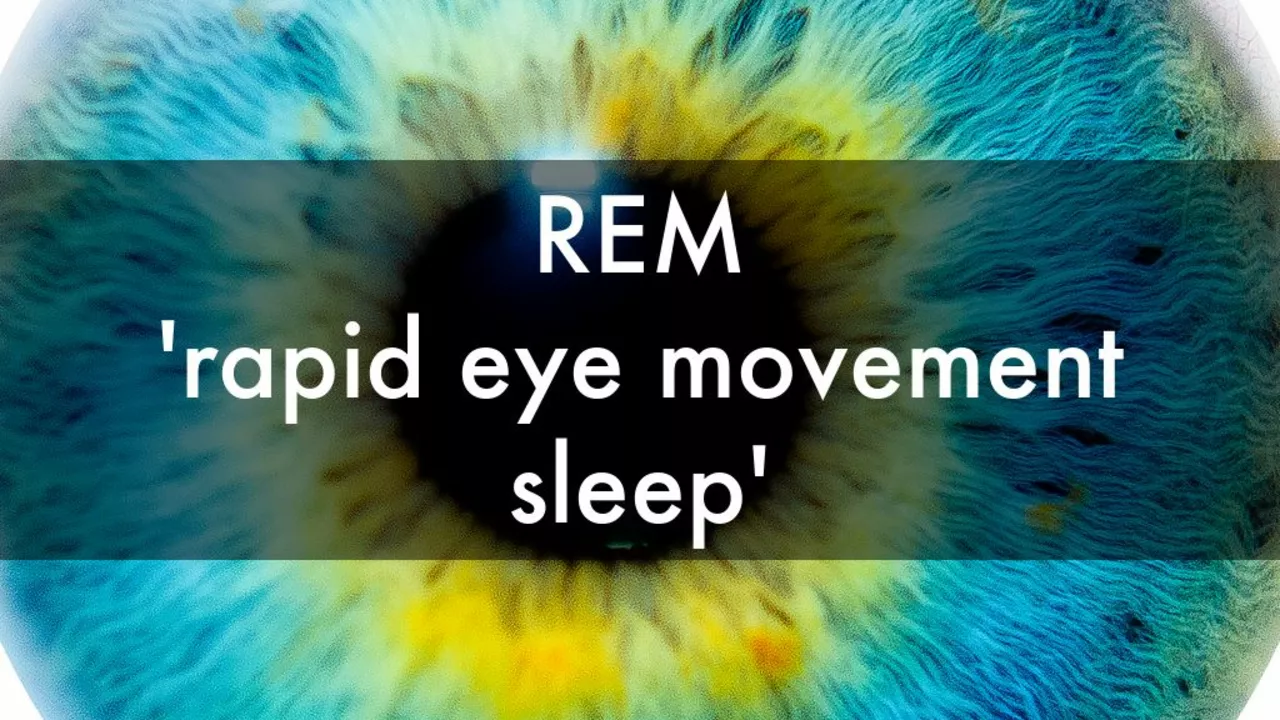REM Sleep Role: How It Impacts Your Body and Mind
If you’ve ever wondered why some nights feel more refreshing than others, the answer often lies in REM sleep. This stage of sleep isn’t just about vivid dreams – it’s a powerhouse for memory, mood, and brain health. In this guide we’ll break down what REM does, why you need enough of it, and simple steps to improve your REM quality.
What Happens During REM Sleep
REM (Rapid Eye Movement) is the stage when your eyes dart around under closed lids and brain activity spikes. While your muscles stay relaxed, your brain processes emotions, consolidates memories, and clears out waste. Think of it as a nightly reset button that helps you remember what you learned during the day and keeps stress in check.
During REM, the brain releases neurotransmitters like acetylcholine, which boost learning pathways. That’s why studying before bed can feel helpful – the brain is primed to file away new info. At the same time, emotional experiences get sorted out, so you wake up feeling calmer.
Why You Need Enough REM
Missing out on REM can leave you foggy, irritable, and less able to focus. Research shows that chronic REM deprivation is linked to mood disorders such as anxiety and depression. It also hampers motor skill learning – think of athletes who need good REM to perfect their moves.
Adults typically spend about 20‑25% of sleep time in REM, which translates to roughly 90‑120 minutes per night. The amount rises with each sleep cycle, so a full seven‑to‑nine‑hour night gives you the best chance for multiple REM periods.
Getting enough REM also supports heart health. During this stage, blood pressure and heart rate stabilize, giving the cardiovascular system a break after daytime stress.
Now that you know why REM matters, let’s look at practical ways to boost it.
Tips to Increase Your REM Sleep
Stick to a schedule: Going to bed and waking up at the same times trains your internal clock, making it easier for the body to enter REM on time.
Limit alcohol and nicotine: Both substances suppress REM in the early part of the night. Cutting back can lengthen your REM windows.
Create a wind‑down routine: Dim lights, avoid screens, and do something relaxing – reading or gentle stretching works well. This helps you fall asleep faster and spend more time in deeper stages before REM kicks in.
Exercise regularly: Moderate activity improves overall sleep architecture, leading to longer REM periods. Just avoid intense workouts right before bed.
Mind your diet: Heavy meals or caffeine close to bedtime can delay REM. Aim for a light snack if you’re hungry and keep coffee out after mid‑afternoon.
Tracking sleep with a simple app or wearable can show you how much REM you’re getting. If you notice consistently low REM, consider talking to a doctor – there could be an underlying sleep disorder.
Remember, REM isn’t just the stage where dreams happen; it’s essential for memory, mood, and overall health. By treating your sleep like a priority, you give your brain the chance to do its nightly housekeeping, and you’ll wake up feeling sharper and more balanced.

The Role of Rapid Eye Movement Sleep in Emotional Regulation
Jul, 21 2023
